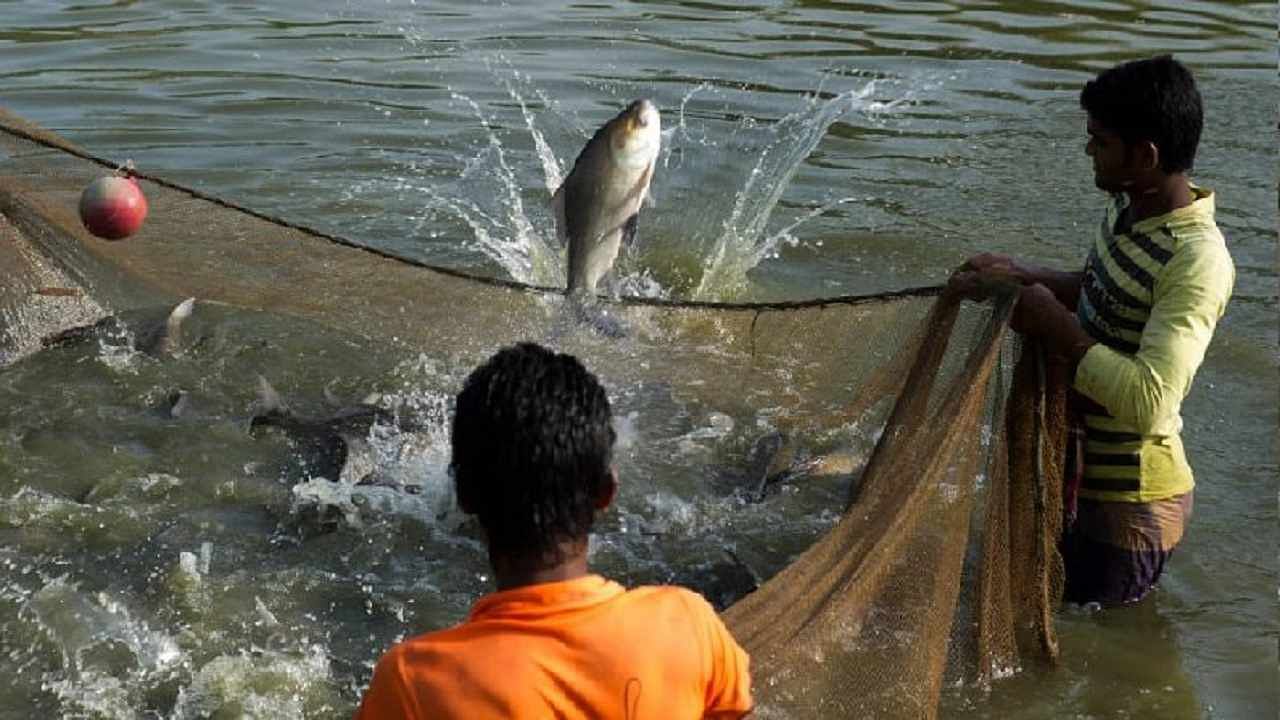
The economic condition of farmers in the state of Haryana has constantly been a topic of discussion. Agriculture experts are of the opinion that additional steps are required and ask that their recommendations be taken into consideration while formulating policies to financially strengthen the farming community.
The state government has also been making efforts to take additional steps for the people associated with those in the farming business in Haryana. Meanwhile, several farmers have also taken to animal husbandry, beekeeping and other such endeavours for extra income. In doing so, the agrarian community is also trying its hand at fishing. Notably, fish culture in the state is difficult owing to a predominantly vegetarian population as well as the absence of a fishing community in the state. Along with this, a string of factors emerges as obstacles in promoting fisheries in Haryana, including land disputes and differences between landowners. Additionally, Fisheries Department officials say that about 15-20 percent of those interested in fishing have been unable to do so because of several pending cases pertaining to multiple ownership of land.
Not only is it difficult to reach a consensus among multiple landowners, but land value in districts that come under the National Capital Region (NCR) also are extremely high.
In such a situation, people are less likely to be interested in using their land for fish farming as opposed to other projects. These cases are especially common in Faridabad, Gurugram and Sonipat districts, adjacent to Delhi. However, in districts where land or lease rates are cheaper, there has been a spike in interest in the fish business—especially in the Sirsa and Fatehabad districts.
Dharmendra Singh, Director of the Fisheries Department said that in a bid to bring the issue to light, the department has begun organising awareness campaigns pertaining to land-related problems. Singh also said that the department is motivating people towards sustainable fisheries and Gram Panchayats are also leasing land at subsidised rates for the same. Since fish farming requires adequate land as well as quality soil and water availability, anyone interested in fishing needs to complete several formalities.
According to the information received, the Panchayat of Rolad Latifpur village in Sonipat has leased 48 acres of land for fish farming—a second crop of prawns is currently being prepared for this land. The panchayat of the Shamli Buhran village has also provided 60 acres of land in total.















